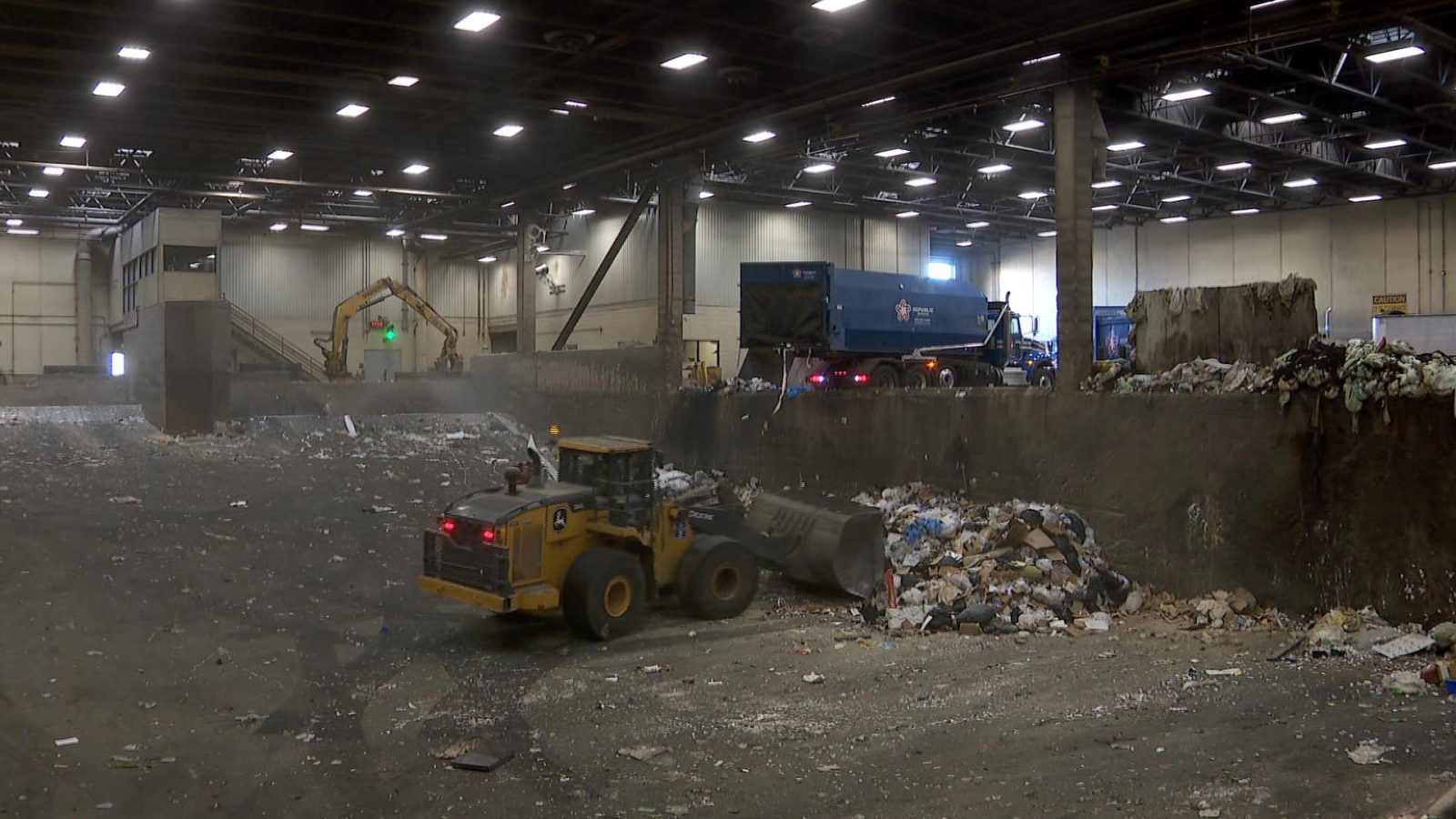New Trash Reduction Plan Puts Renewed Focus on Organics Recycling
The Minnesota Pollution Control Agency (MPCA) released its latest Metro Solid Waste Plan this week, giving recommendations on how the metro can better manage its trash.
The report comes as the Twin Cities generates about three million tons of trash per year.
The Hennepin County Recycling and Transfer Station in Brooklyn Park sees about 500 tons of that trash and recycling every day.
A little more than half of the trash ends up in a landfill.
Hennepin County waste reduction manager Carolyn Collopy says overstuffed landfills are a problem for everyone.
“Taxpayers pay a lot of money in this state to maintain landfills after they’re closed,” she said. “There’s always to risk to our groundwater.”
MPCA Solid Waste Plan
The new MPCA plan calls for the Twin Cities to reduce waste by 15% over the next 20 years.
Likewise, the plan requires increased access for curbside organics recycling and composing in cities with more than 5,000 people.
It also asks counties to develop strategies to support organic recycling for multi-family housing and grocery stores.
“By 2030, we need to meet this state goal, and 75 percent of what is generated as waste needs to be diverted for recycling or composting,” Collopy said. “That’s a very aggressive goal.”
Each county in the metro will have the next nine months to develop an approach for meeting the MPCA plan requirements.

A front-end loader picks up trash at the Hennepin County Recycling and Transfer Station.
Getting Used to Organics Recycling
Through organics recycling, thrown away fruits, vegetables, pizza boxes, and other organic materials are turned into compost. This keeps this food waste out of landfills.
Collopy said that it may take people a while to adopt organics recycling.
But, the same was the case with regular curbside recycling, she said.
“For those that are on the fence, or those that feel like it’s too much work, it’s really digging deeper and trying to figure out, okay, how do we make this work for you in your home because it is going to be different for everyone,” Collopy said.
The shift to organics recycling is worth the extra effort, she said.
“We really need to change for the betterment of the planet,” Collopy said. “The betterment of our future, our children, you know, what do we want to leave them?”


